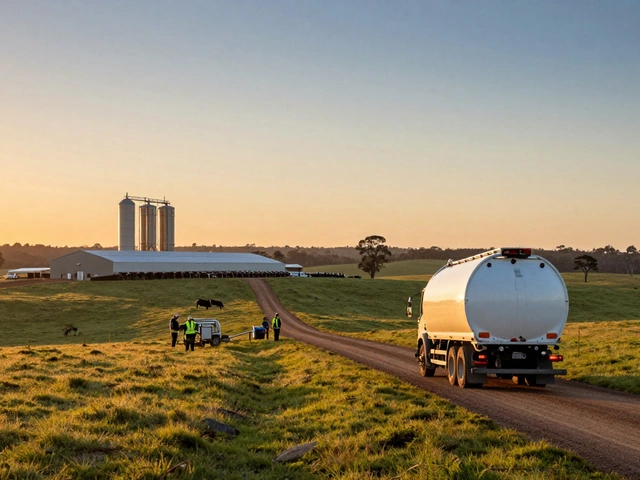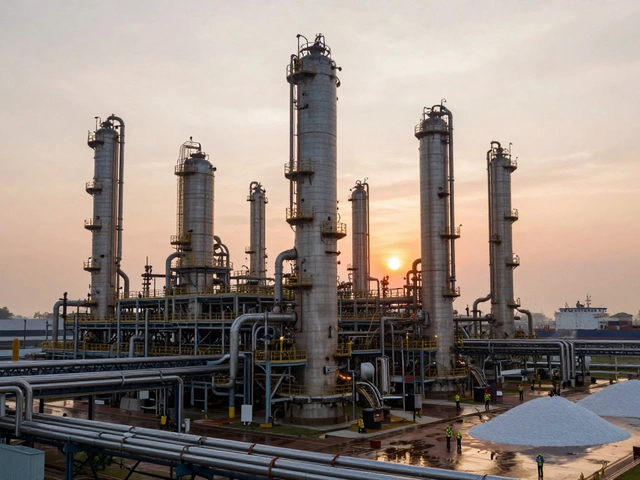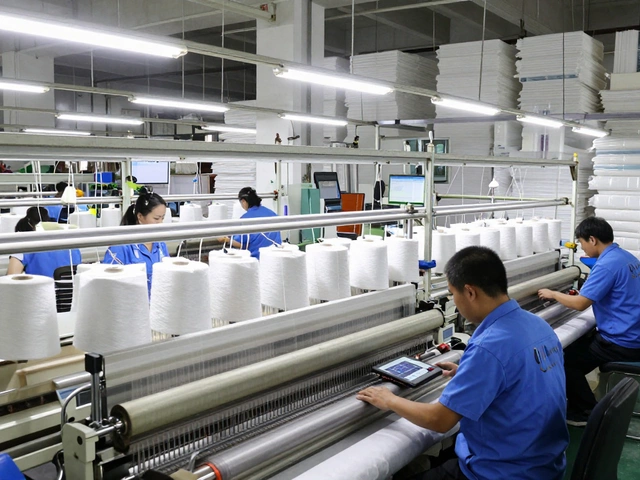Indian Chemist
When talking about the Indian chemist, a professional who applies chemistry to solve real‑world problems in India, also known as India’s chemical expert, you’re looking at a key driver of many modern sectors. An Indian chemist designs new drug molecules, optimizes industrial processes, and ensures product safety. This role encompasses the pharmaceutical industry, the network of companies that develop, produce, and market medicines, also called pharma sector, which relies heavily on innovative chemistry to create life‑saving treatments. The chemist also works inside chemical manufacturing, the large‑scale production of chemicals, polymers, and specialty compounds, often referred to as industrial chemistry, providing the raw materials for everything from plastics to fertilizers. In the food arena, food processing chemistry, the application of chemical principles to preserve, flavor, and enhance food products, known as food science, benefits from chemists who ensure safety and quality. Finally, environmental chemistry, the study of chemical processes affecting air, water, and soil, sometimes called green chemistry, needs chemists to tackle pollution and develop sustainable solutions. These connections form a web where the Indian chemist drives pharmaceutical innovation, chemical manufacturing relies on industrial chemists, food processing chemistry improves safety, and environmental chemistry reduces waste.
How Indian Chemists Shape Key Sectors
In the pharmaceutical industry, an Indian chemist often leads the discovery phase, creating molecules that target diseases prevalent in the region. This work blends organic synthesis, analytical testing, and regulatory knowledge, turning lab concepts into marketable drugs. Meanwhile, in chemical manufacturing, chemists optimize reaction conditions, reduce waste, and implement safety protocols, enabling factories to meet global standards while cutting costs. The synergy between these fields means a new drug can be produced at scale faster and more responsibly. When it comes to food processing chemistry, chemists design preservatives that extend shelf life without compromising nutrition, develop flavor enhancers that meet local tastes, and ensure allergen control, which directly impacts consumer health and trust. Their expertise also helps manufacturers comply with the latest Indian food safety regulations. Finally, environmental chemistry sees chemists measuring pollutant levels in rivers near industrial parks, creating biodegradable alternatives to plastic, and advising policymakers on emission standards. By translating scientific findings into practical actions, they help India move toward a greener economy.
All these domains share a common thread: they need professionals who can blend theory with hands‑on problem solving. Whether you’re a student eyeing a career, a business looking to hire, or an investor scouting emerging opportunities, understanding the role of the Indian chemist gives you a clearer picture of where growth is happening. Below, you’ll find a curated list of articles that dive deeper into each of these areas – from startup advice for chemical entrepreneurs to detailed cost breakdowns of setting up a small factory, from the latest bans on hazardous chemicals to the biggest pharma hubs in the country. Explore the collection to see how chemistry fuels innovation across India’s most vital industries.
Who is the ‘God of Chemistry’ in India? Meet Prafulla Chandra Ray
Explore why Prafulla Chandra Ray is known as the ‘God of Chemistry’ in India, his key discoveries, founding of Bengal Chemicals, and lasting impact on modern Indian science.
Read More




